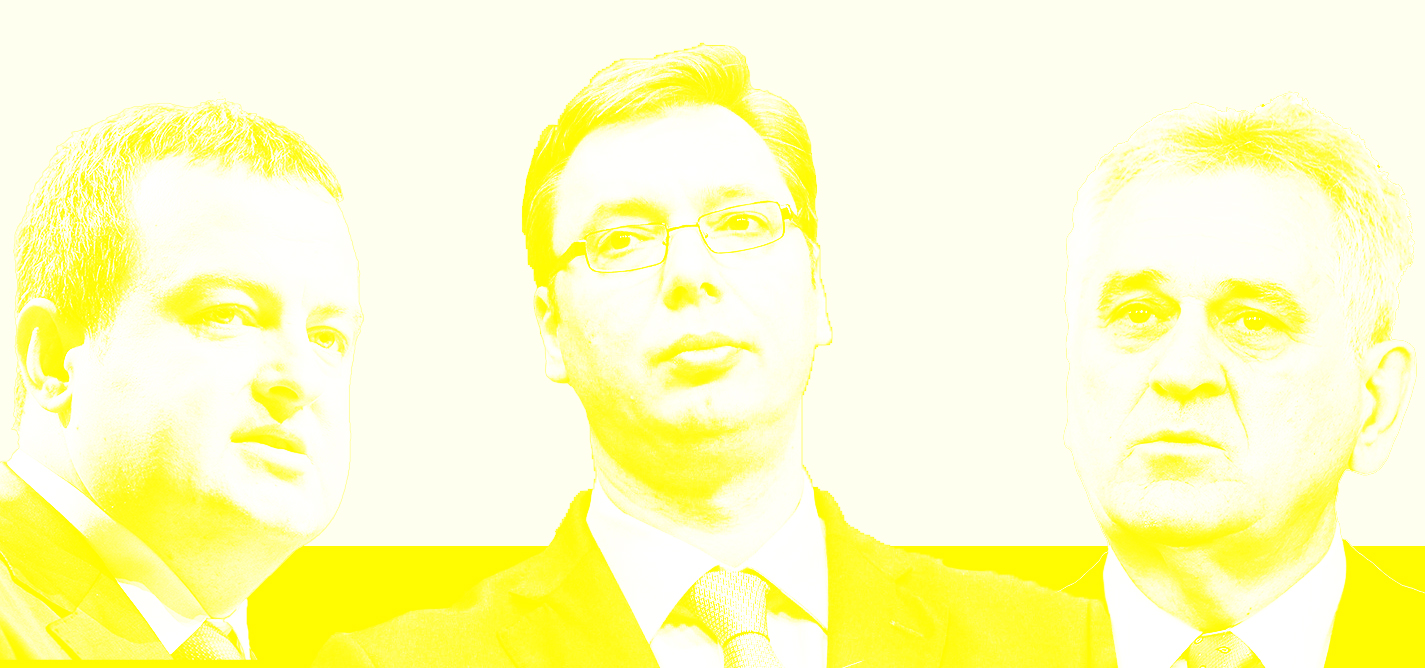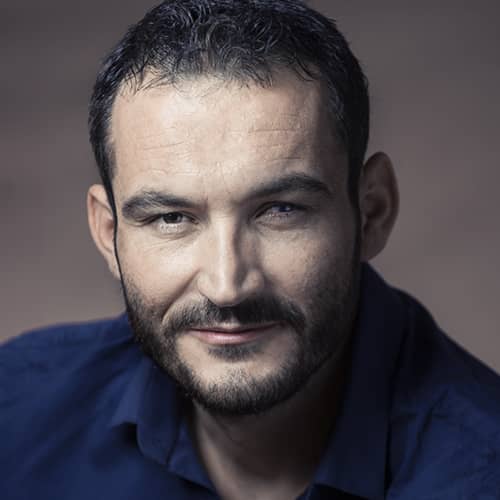
Reviving the rhetoric of the past
The language coming from Belgrade this week has been reminiscent of dark days in Kosovo.
Such language will have come as a disappointment to many of those who have bought into Vucic’s self-styled rebranding as a moderate politician, who claims to have come a long way from his controversial past.
Lavrov’s words are particularly important at a time when Prishtina is grappling with how to approach the matter of the bizarre wall that was erected in North Mitrovica last month.
Belgrade boldness

Eraldin Fazliu
Eraldin Fazliu is a former journalist at Kosovo 2.0. Eraldin completed his Master’s on ‘European Politics’ at the Masaryk University in the Czech Republic in 2014. Through his studies Eraldin became interested in the EU’s external policies, particularly in promotion of the rule of law externally. He is a passionate reader of politics and modern history.
DISCLAIMERThe views of the writer do not necessarily reflect the views of Kosovo 2.0.
This story was originally written in English.